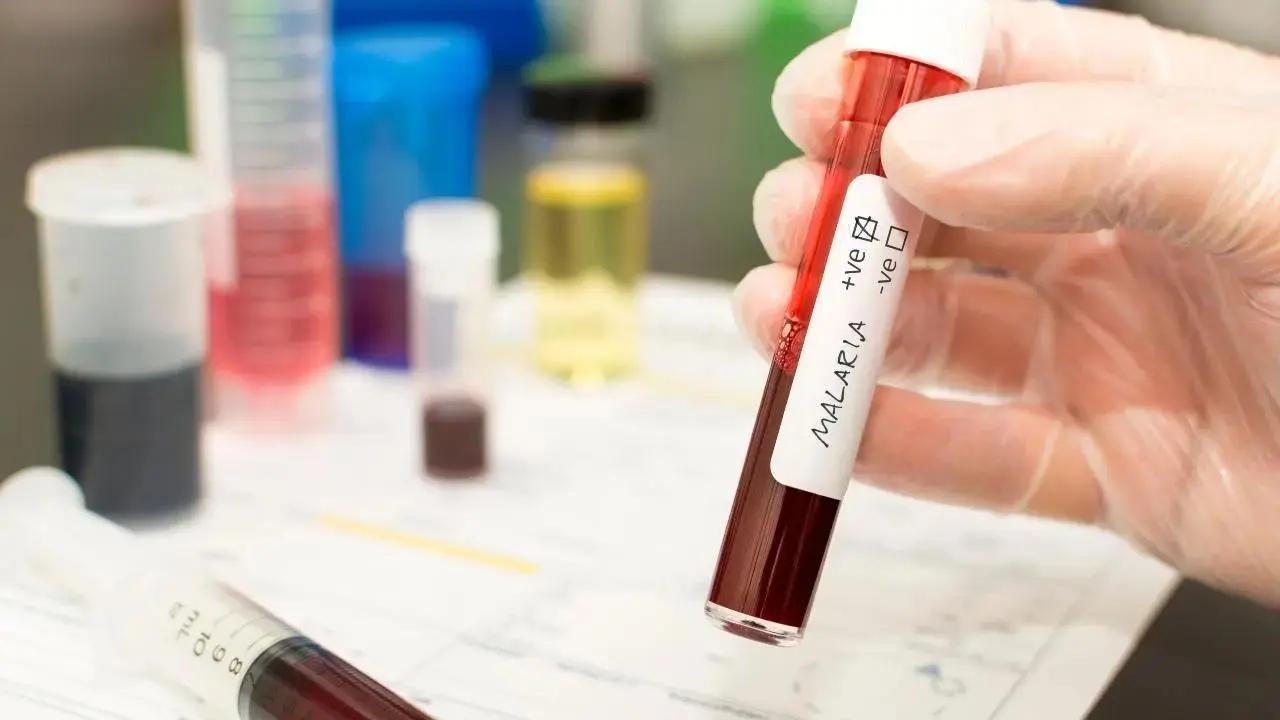Mumbai, like many regions, witnesses a surge in these vector-borne diseases including malaria and dengue during the monsoon months, particularly from July to October

Representational Pic/File/iStock
In a significant achievement, the concerted efforts of the Brihanmumbai Municipal Corporation (BMC) have yielded positive results in curbing the spread of malaria and dengue in the city. Mumbai, like many regions, witnesses a surge in these vector-borne diseases during the monsoon months, particularly from July to October. This year, enhanced surveillance and an increased number of reporting units, including private hospitals, clinics, and laboratories, have played a pivotal role in controlling the diseases, the BMC said in a statement.
During September, Mumbai reported 1313 malaria cases and 1360 dengue cases, a concerning trend. However, October tells a different story, with 944 malaria cases and 979 dengue cases reported to date. This shift points to a decline in cases during the month of October compared to September, a welcome development for the city, the civic body said.
The BMC has implemented several proactive measures to combat the spread of these diseases:
House-to-House Survey: Whenever a malaria or dengue case is identified, the BMC conducts a survey of 500 houses surrounding the affected area. This extensive effort includes the examination of fever cases and their contacts, with thousands of slides taken each month to detect malarial parasites. Positive malaria cases are closely monitored to ensure they receive complete treatment, while suspected dengue cases are referred to nearby dispensaries for further diagnosis.
Control at Construction Sites: The BMC actively engages with construction sites during the monsoon season. Safety officers are sensitized to the risks, and laborers are regularly screened for malaria. To prevent vector mosquito breeding, all construction sites are treated weekly. Additionally, indoor residual spraying (IRS) is conducted at all labor huts on construction sites, and thermal fumigation is regularly carried out.
Mosquito Control in Slum and Non-Slum Areas: The BMC's Insecticide Department conducts continuous breeding detection, even on weekends and holidays, leading to the discovery and elimination of more than 1 lakh Aedes breeding spots. Legal actions are initiated when necessary, with a total of 17,105 notices issued by September 2023.
Fogging: The BMC employs 227 shoulder-mounted fogging machines and seven vehicle-mounted fogging machines to conduct thermal fumigation daily.
Special Activities: To address inaccessible breeding spots, such as roof gutters of railway yards and dilapidated mills, drones are utilized for treatment.
Joint Action in Areas: The BMC coordinates joint activities through Community Health Volunteers (CHVs), Accredited Social Health Activists (ASHAs), Solid Waste Management (SWM) teams, Assistant Entomologists (AEM), and Pest Control Operators (PCOs) to control Aedes mosquito breeding in slum and slum-like areas. Additionally, odd-article removal drives are conducted throughout the monsoon season.
Massive Awareness Campaign: The BMC has undertaken extensive awareness and sensitization activities, including issuing appeal letters to societies. An app, "Mumbai against Dengue," has been developed and circulated to spread awareness.
The situation is under constant monitoring by key BMC officials, including the Honorable Municipal Commissioner, Additional Municipal Commissioner (Western Suburbs), and Deputy Municipal Commissioner (Public Health), who regularly conduct review meetings. Ward-wise action plans are meticulously prepared and implemented. Ward-level reviews are carried out by Zonal Deputy Municipal Commissioners, Assistant Commissioners, and Zonal Deputy Executive Health Officers and Assistant Health Officers, the BMC said.
 Subscribe today by clicking the link and stay updated with the latest news!" Click here!
Subscribe today by clicking the link and stay updated with the latest news!" Click here!








